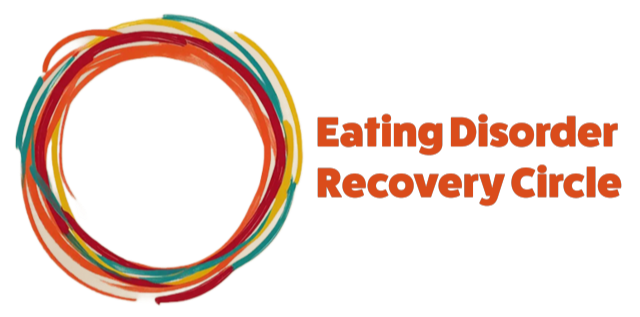How to Build a Life That Isn’t Just About Food & Recovery
Mar 13, 2025When you’ve spent years consumed by an eating disorder, recovery can feel like your whole identity.
✔ “I don’t know who I am without this.”
✔ “All I think about is food, my body, and recovery—I want more.”
✔ “What happens when I’m ‘recovered’? What do I do then?”
It’s normal to feel lost when food and recovery have taken up so much space in your life. But full recovery means rediscovering who you are beyond your eating disorder.
If you feel stuck in an identity that revolves around food, check the Feelings Navigator for support with purpose, identity, and self-discovery.
Step 1: Accept That Recovery Is a Step Toward Something Bigger
🚫 Recovery is not the ‘end goal’—it’s the bridge to a life that is truly yours.
✔ You are not meant to spend your whole life focused on food, weight, or body image.
✔ Eating disorder recovery is not your entire identity—it’s a stepping stone to freedom.
✔ Once recovery takes less space in your mind, you’ll have room for what truly matters.
💡 Your eating disorder took enough from you—it’s time to take your life back.
📌 If you feel unsure about what’s next, talk it through inside The Circle.
Step 2: Find Out Who You Are Without the Disorder
✔ What did you love before your eating disorder?
✔ What sparks your interest now?
✔ If food and body thoughts weren’t holding you back, what would you do?
🚀 Recovery gives you space to rediscover your passions, hobbies, and dreams.
💡 You are not just ‘someone recovering’—you are a person with interests, relationships, and potential.
📌 If self-discovery feels overwhelming, check the Feelings Navigator for guidance on reconnecting with yourself.
Step 3: Stop Measuring Your Worth by Recovery ‘Success’
🚫 Even recovery itself can become an obsession—perfectionism can creep in.
✔ You don’t have to ‘recover perfectly.’
✔ You don’t have to do everything ‘right’ to deserve a full life.
✔ Your worth is not tied to how well you ‘do’ recovery—it exists no matter what.
💡 You are not here just to recover. You are here to live.
📌 If you feel stuck in perfectionism around recovery, discuss it inside The Circle.
Step 4: Shift Your Focus from Fixing to Creating
For years, your energy has been spent fighting the eating disorder.
✔ What if you started using that energy to build something new?
✔ What if instead of fixing, you started creating?
✔ What if your life became about living, not just healing?
🚀 You are not just someone in recovery—you are someone becoming more than that.
💡 Start focusing on what you’re adding to your life, not just what you’re leaving behind.
📌 If you feel stuck in a ‘fixing’ mindset, check the Feelings Navigator for tools on shifting focus to growth.
Step 5: Fill Your Life with Things That Matter More Than Food
✔ Try a new hobby—even if you’re not ‘good’ at it.
✔ Deepen friendships that aren’t built around food, exercise, or body talk.
✔ Explore new places, experiences, and ideas that make you feel alive.
✔ Pursue goals that have nothing to do with weight, eating, or recovery.
🚫 The eating disorder kept your world small—recovery is about expansion.
💡 The best way to make recovery ‘not your whole life’ is to start living beyond it.
📌 If you don’t know where to start, ask for ideas inside The Circle.
Step 6: Accept That It’s Okay to Move On
🚫 Letting go of an eating disorder can feel like losing a part of yourself.
✔ It’s okay to grieve the identity you’re leaving behind.
✔ It’s okay to feel uncomfortable when recovery becomes ‘normal.’
✔ It’s okay to move on from recovery and start truly living.
💡 The goal is not just to ‘recover’—the goal is to be fully, freely, and authentically you.
📌 If moving on feels scary, talk through the transition inside The Circle.
When to Seek Extra Support
If recovery still feels like your entire world and you don’t know how to move forward, you do not have to figure it out alone.
🔹 A recovery coach or therapist can help you build a new identity beyond food and recovery.
🔹 Others inside The Circle can share what helped them rediscover themselves.
🔹 You deserve a life that is bigger than your past struggles.
Next Steps
🎯 If you feel stuck in an identity that revolves around recovery, check the Feelings Navigator for tools on self-discovery.
🎯 For extra support in building a full, meaningful life, join discussions inside The Circle.
🎯 Take one step today toward something that excites you beyond food, body, or recovery.
Final Reminder
🚀 You are not here just to recover—you are here to live.
Your eating disorder took so much from you. Now, you get to take your life back.
The world is waiting for you. Go live it. ❤️

